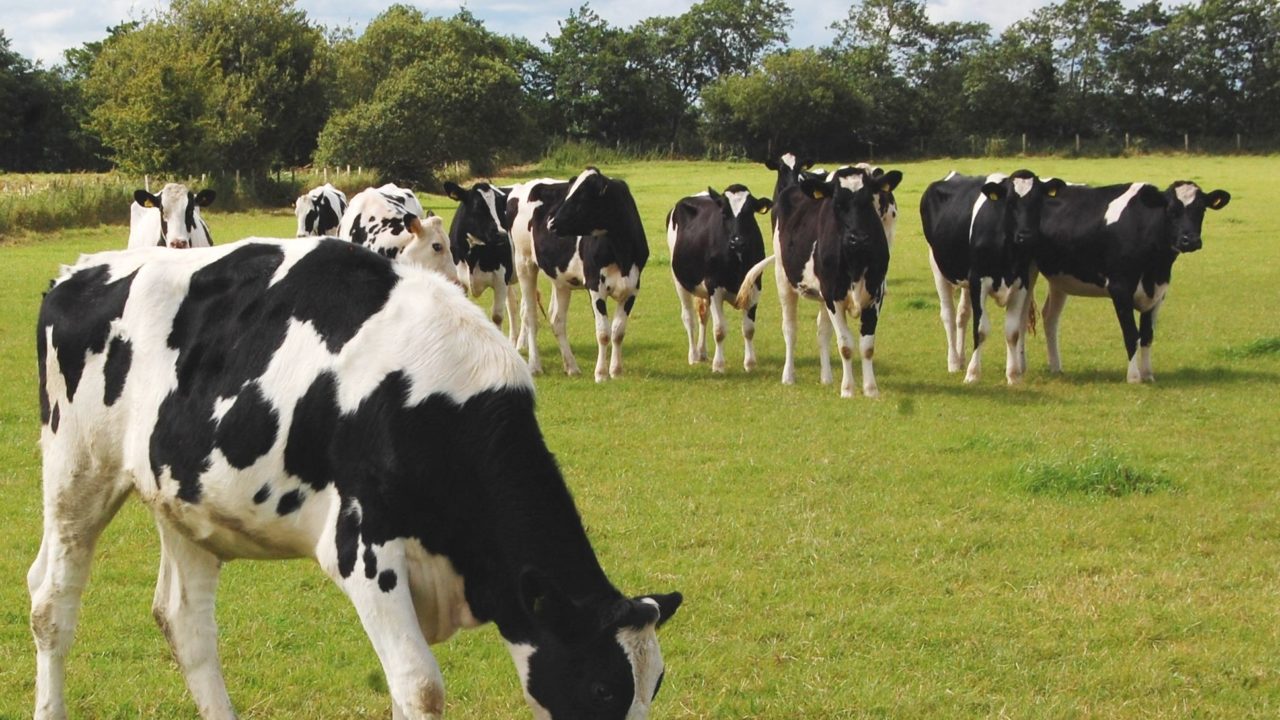I am heartened by the fact that the livestock industry is – at long last – waking up to the need for a more proactive stance to be taken, where the debate on methane and climate change is concerned.
Personally, I have long been of the view that something needs to be done to counter the mis-information peddled by so-called ‘think tanks’ to the effect that methane is destroying the planet.
There is absolutely no hard science, in my view, to confirm that the methane produced by cattle and other ruminant animals is adding substantially to the greenhouse gas (GHG) burden that is impacting the plant as a whole.
In fact, the most recent research indicates that methane does not stay in the atmosphere for any great length of time at all, which is in total contrast to the scenario that unfolds where carbon dioxide is concerned.
Cattle vs. methane
Meanwhile, very little is said or written about the tremendous benefit that cattle deliver for humanity as a whole, in being able to convert grass into milk and beef protein.
The world is facing into a shortfall, where high quality protein is concerned. So why should the one species of livestock that can deliver for us all in this regard, be pilloried so publicly?
Not for one second would I wish to play down the challenge that climate change represents for Irish agriculture moving forward.
However, I am deeply worried about the lack of response that there has been from the industry, to date, in countering the spurious claims made by groups with a vested interest in castigating livestock production, in all its forms.
Merits of Irish agriculture
The reality is that Ireland is so well placed to portray everything that is positive about dairy, beef and lamb production.
And it all comes back to the availability of grazed grass and the very strong sense of Irish farmers working with nature, rather than against it.
Getting this message out there to the public at large will require the use of ambassadors; people who can talk with confidence about the realities of life down on the farm.
Engendering trust with consumers, where modern agriculture is concerned, must also be secured in a meaningful way.
When renowned naturalist David Attenborough tells the world we have a problem, people sit up, take notice and – at least – talk about putting remedial action plans in place.
Agriculture, on the other hand, needs a group of people who can confirm that the industry does recognise that climate change is a reality. Moreover, farming is a fundamental part of the solution and not the villain of the piece.
